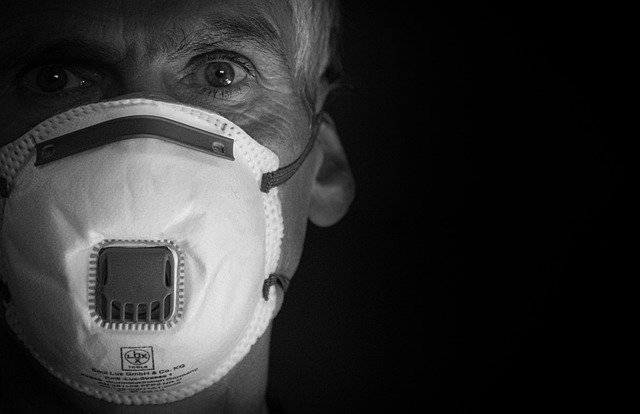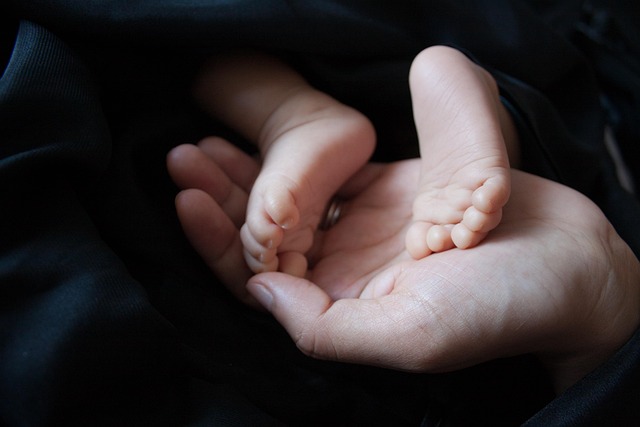Marion County Child Advocacy is a comprehensive network dedicated to protecting and empowering children affected by abuse or neglect. The central advocacy center coordinates emergency response, medical forensics, counseling, and legal aid, providing holistic support through immediate assistance, stabilization, and long-term case management. Legal experts play a crucial role in upholding fairness and justice, guiding clients through protective proceedings with strategic advice and document preparation. Child advocacy centers identify early risks, employing specialized attorneys to navigate CPS and prevent long-term harm. These centers offer safe spaces for families, educating parents about their rights and responsibilities during interactions with child advocacy services. Representing children's best interests requires a dedicated approach focusing on development, psychology, and collaboration with other professionals. Post-case management ensures the long-term well-being of children involved with CPS through tailored therapy, educational support, and skill-building workshops.
Navigating child protective services in Marion County requires a deep understanding of the local Child Advocacy Center and its comprehensive services. This article guides parents, guardians, and legal professionals through the intricate process, focusing on Marion County’s approach to child protection. We explore the critical role of legal experts in proceedings, emphasizing early intervention strategies for recognizing red flags and reporting concerns. Additionally, it delves into post-case management, ensuring the long-term well-being of involved children, with a particular emphasis on Marion County child advocacy practices.
- Understanding Marion County Child Advocacy: An Overview of Services and Protections
- The Role of Legal Experts in Child Protective Proceedings
- Early Intervention: Recognizing Red Flags and Reporting Concerns
- Navigating the Legal System: Rights and Responsibilities of Parents/Guardians
- Representing Children's Interests: Best Practices for Lawyers Involved
- Post-Case Management: Ensuring Long-Term Well-being and Support
Understanding Marion County Child Advocacy: An Overview of Services and Protections

Marion County Child Advocacy is a comprehensive system designed to protect and support children who have experienced abuse or neglect. This network includes various services, such as emergency response teams, medical forensics, counseling, and legal aid, all working collaboratively to ensure the well-being of vulnerable youth. The primary goal is to provide a safe environment and offer interventions that promote healing and long-term success.
The advocacy center serves as a central hub, coordinating efforts between law enforcement, healthcare professionals, social workers, and attorneys. This coordinated approach ensures that children and their families receive holistic support. Through specialized programs, Marion County offers immediate assistance, short-term stabilization, and long-term case management, addressing the multifaceted needs of abused or neglected children.
The Role of Legal Experts in Child Protective Proceedings

In Marion County child advocacy, legal experts play a pivotal role in ensuring fairness and justice during protective proceedings. Their expertise is crucial for navigating complex laws and regulations designed to safeguard the rights of both children and parents involved. These professionals guide clients through every step, from initial assessments and investigations to court appearances and case outcomes. By understanding the intricate details of child protection laws, they can effectively advocate for their clients’ best interests while upholding the integrity of the legal process.
In these proceedings, legal experts provide critical support by offering strategic advice, preparing necessary documents, and presenting compelling arguments in court. They ensure that all parties’ rights are protected, helping to maintain a delicate balance between the child’s safety and the family’s right to due process. Through their meticulous approach, these professionals foster an environment where facts and law converge, ultimately contributing to more positive outcomes for all involved in Marion County child advocacy cases.
Early Intervention: Recognizing Red Flags and Reporting Concerns

In Marion County, child advocacy centers play a pivotal role in identifying and addressing potential risks to children’s well-being early on. Recognizing red flags is the first step toward ensuring a child’s safety and future prosperity. Legal professionals with an understanding of these indicators are invaluable in navigating the complex landscape of child protective services (CPS). By promptly reporting concerns, CPS can initiate Early Intervention strategies, which have been proven to significantly mitigate potential long-term harm.
The legal expertise of attorneys specializing in Marion County child advocacy is crucial in this process. They can guide parents or guardians through the system, ensuring their rights are protected while facilitating open communication with CPS. This collaborative approach allows for a more efficient and effective response, ultimately fostering a safer and healthier environment for children in need.
Navigating the Legal System: Rights and Responsibilities of Parents/Guardians

Navigating the legal system in relation to child protective services can be a complex and emotionally charged process, especially for parents or guardians who are unfamiliar with their rights and responsibilities. In Marion County, child advocacy centers play a vital role in supporting families through this challenging time. These centers provide a safe space for children and offer resources to help parents understand the legal procedures involved.
Parents have the right to be informed about the case against them, to retain legal counsel, and to participate actively in court proceedings. They are responsible for ensuring their child’s safety and well-being, cooperating with social workers, and attending any scheduled meetings or hearings. Understanding these rights and duties is crucial as it allows parents to protect their interests and those of their children during the entire process, particularly when dealing with Marion County child advocacy services.
Representing Children's Interests: Best Practices for Lawyers Involved

Representing children’s interests in legal proceedings related to child protective services requires a unique and dedicated approach. Lawyers playing this crucial role in Marion County child advocacy must prioritize the best interests of the child above all else. This involves a comprehensive understanding of child development, psychology, and the specific challenges faced by vulnerable youth. Effective representation includes actively listening to and involving children in decision-making processes, ensuring their voices are heard and their needs are met.
Best practices for legal professionals in this field include fostering open communication, maintaining a safe and non-judgmental environment, and advocating for resources and services that promote the child’s long-term well-being. Lawyers should also stay updated on local and state laws related to child protection, collaborate with other professionals involved in the case, and fight for access to quality legal representation for all children, ensuring fairness and equality in the justice system.
Post-Case Management: Ensuring Long-Term Well-being and Support

After a case involving child protective services (CPS) has concluded, effective post-case management is crucial to ensure the long-term well-being and support of the involved children. This includes ongoing monitoring and assessment to gauge the child’s progress and adjustment since the initial intervention. Marion County Child Advocacy Center plays a vital role in this phase by offering specialized services tailored to each child’s unique needs. These services can range from therapy sessions, educational support, and skill-building workshops to help the child reintegrate into their community and maintain stability.
The goal is to create a supportive network that extends beyond the immediate resolution of the CPS case. By fostering strong relationships with various support systems—including schools, healthcare providers, and community organizations—the center ensures comprehensive care for the child. This holistic approach promotes resilience and empowers children to thrive, even as they navigate potential challenges or future adversity.






